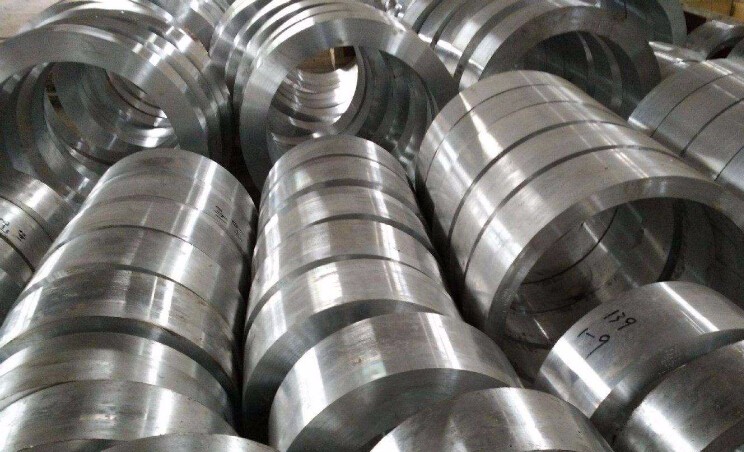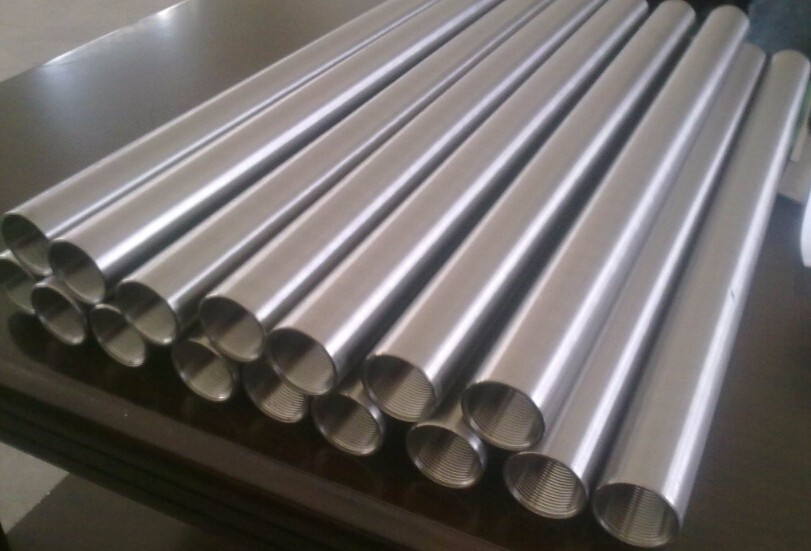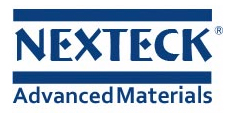Alloy materials mainly include titanium alloy, nickel alloy, aluminum alloy and copper-nickel alloy. Titanium is one of the best corrosion resistant materials. The titanium alloy with good corrosion resistance is the most widely used in deep-sea survey ships. The Arubin in the United States, the Nuocheru in France and other flight attendants are made of Ti-6Al-4V alloy. In addition, the compression bin used by the crew of the Newkuliff in the United States uses T i-6Al-2Nb-1Ta-0.8Mo alloy, which is a material developed by the United States for the manufacture of heavy-duty, high-strength components for marine use. Its tensile strength, corrosion resistance of seawater is about the same as that of Ti-6Al-4V alloy.
Nickel alloy is an optional material for fasteners used in seawater or marine environment. The strength of this alloy is much higher than that of copper-nickel alloy and stainless steel. Nickel-based alloy containing about 9% to 16% nickel has very good corrosion resistance to seawater. In order to obtain good mechanical properties, the alloy can be cold-worked and used to allow for corrosion.

Precipitation-hardening nickel-based alloys are reinforced by the addition of aluminum, titanium, niobium and cobalt. Precipitation-hardening nickel-based alloy is the most suitable alloy for high strength fasteners. The yield strength can reach 825 ~ 952 MPA. There is also a kind of alloy called MP35N whose properties are similar to that of titanium alloy. Crevice corrosion resistance is the most important feature when stainless steel and nickel-based alloy fasteners are placed in seawater (part or all). Crevice corrosion varies with alloy composition, metallurgical state and crack severity.
The special environment of the ocean puts forward some special requirements for deep-sea materials, such as corrosion resistance, water tightness, lightness and preventing biological adhesion of deep-sea materials, while aluminum alloy has the advantages of small density, mild high, good conductive and thermal conductivity, and so on. The corrosion-resistant and easy-to-process characteristics make it meet this requirement very well, so it has been well used in marine environment.
Aluminum alloy can form high adhesion hydrated alumina film under atmospheric corrosion. These water-insoluble continuous passivation films can block the corrosion medium.

However, the corrosion of aluminum alloy in marine environment is not only related to its own factors, but also influenced by environmental factors, such as the carbon dioxide-carbonate system in seawater. Due to the excellent properties of aluminum alloy materials and the special marine corrosion environment, aluminum alloy materials have been widely used in deep sea research, especially to improve the corrosion resistance of aluminum alloy materials. This material will be used in a wider range of fields.
Attending exhibitions, focusing on industry devolpment trend and new technologies,Nexteck Technology Limited keeps pace with the times ,exploring and innovating so as to achievingcontinous development.
TAG: Titanium Alloy Nickel Alloy Copper - Nickel Alloy




